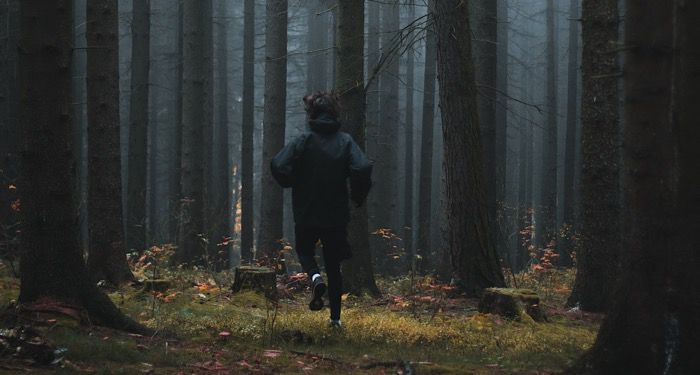“The Blackening” is not the first movie to challenge the rules. In 1999, there was a film called “Deep Blue Sea,” starring Thomas Jane. The movie was about the ultimate in human hubris as a scientist, played by Saffron Burrows, genetically altered the brains of great white sharks. Of course, the sharks become so smart that they start killing off their captors to freely roam the sea to wreak havoc. The great Samuel L. Jackson famously portrayed a wealthy man who was looking to invest in the technology. While trying to rally the frightened staff at the research facility, he shockingly gets chomped by one of the super-smart sharks. The real surprise is that another Black man survives the entire movie! Spoiler alert: LL Cool J, playing the cook Preacher, not only survives the movie but saves the star!

As incredible as this sounds, there was a predecessor even to “Deep Blue Sea.” In George Romero’s 1968 classic, “Night of the Living Dead,” the protagonist Ben, a Black man played by Duane Jones, actually survives the night, valiantly fighting off zombies and saving lives! Unfortunately, he does die in the end (but not first!), being shot and killed by the white rescuers who arrive the next morning.
Not every role could be as rich as Ben, and not every director was George Romero. The powerful social commentary in Romero’s work in “Night of the Living Dead” resulted from the changing world of the late sixties. Even Ben’s death at the movie’s end spoke to the uselessness of the white rescuer. It is this kind of smart and honest writing that should be supported. This is the reason why movies like “Night of the Living Dead” and “Deep Blue Sea” should be recognized for their impact upon the genre.
Believe it or not, the “the Black man dies first” trope took hold in the same year as Romero’s classic. In the Lon Cheney Jr. horror film, “Spider Baby,” Black comedian Mantan Moreland is slashed to death within the film’s first five minutes. He plays a carefree (and oblivious) messenger who misses the warning signs and walks right into being murdered. His death, due to an uncharacteristic lack of situational awareness, doesn’t play as tragic but more comedic, which began a downward spiral for black men which has lasted for decades. Jack Hill, who penned “Coffy” and “Foxy Brown,” also wrote the script for the film and included the character for Moreland, an aging comedian who was just looking for a job.



































































![An Overview of the Modern TV Viewing Landscape [Infographic] An Overview of the Modern TV Viewing Landscape [Infographic]](https://www.socialmediatoday.com/imgproxy/pV4cLA4pyjxV-JcLLAG-98pFCclw4cl4W3vJDCCCR_I/g:ce/rs:fit:770:435/bG9jYWw6Ly8vZGl2ZWltYWdlL3VzX3R2X3ZpZXdpbmdfaW5mbzIucG5n.webp)

